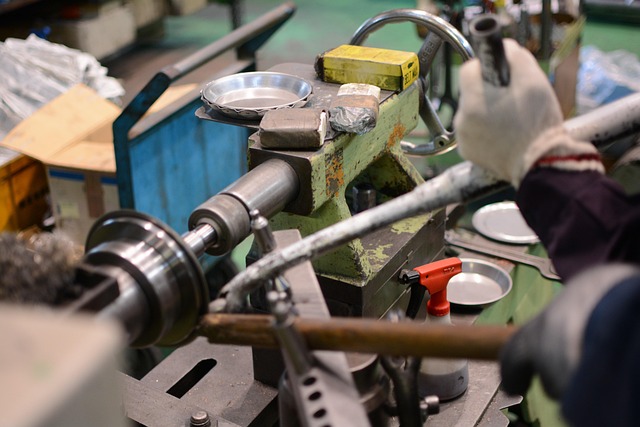
Manufacturing is a crucial sector of Pakistan’s economy, contributing nearly 20% of GDP and providing millions of jobs. Key industries include textiles, automotive, machinery, construction materials, and electronics. As global supply chains evolve and China the Belt and Road Initiative progresses, Pakistan’s manufacturing sector is positioned for significant growth.
Pakistan government has implemented various policies to support industrialization, including tax incentives, import duty exemptions on production equipment, and export subsidies. The China-Pakistan Economic Corridor (CPEC) has further enhanced infrastructure, attracting foreign investment into manufacturing.
Pakistan has a large, young workforce with competitive labor costs, making it an attractive destination for labor-intensive industries such as textiles and light manufacturing.
Due to geographical location, Pakistan can radiate the major markets of South Asia, the Middle East and Africa. In recent years, the Free Trade Agreement (FTA) signed by Pakistan with China and other countries have created more opportunities for the export of manufacturing products.
Additionally, the manufacturing industry also faces some challenges, such as energy shortages and rising costs, infrastructure gaps, technological advancement and workforce training, which promote the continuous transformation and upgrading of the local manufacturing industry.
Pakistan’s manufacturing industry stands at a pivotal moment, balancing challenges with immense opportunities. By leveraging government support, technological innovation and international partnerships, the sector has the potential to become a major player in regional and even global manufacturing.
